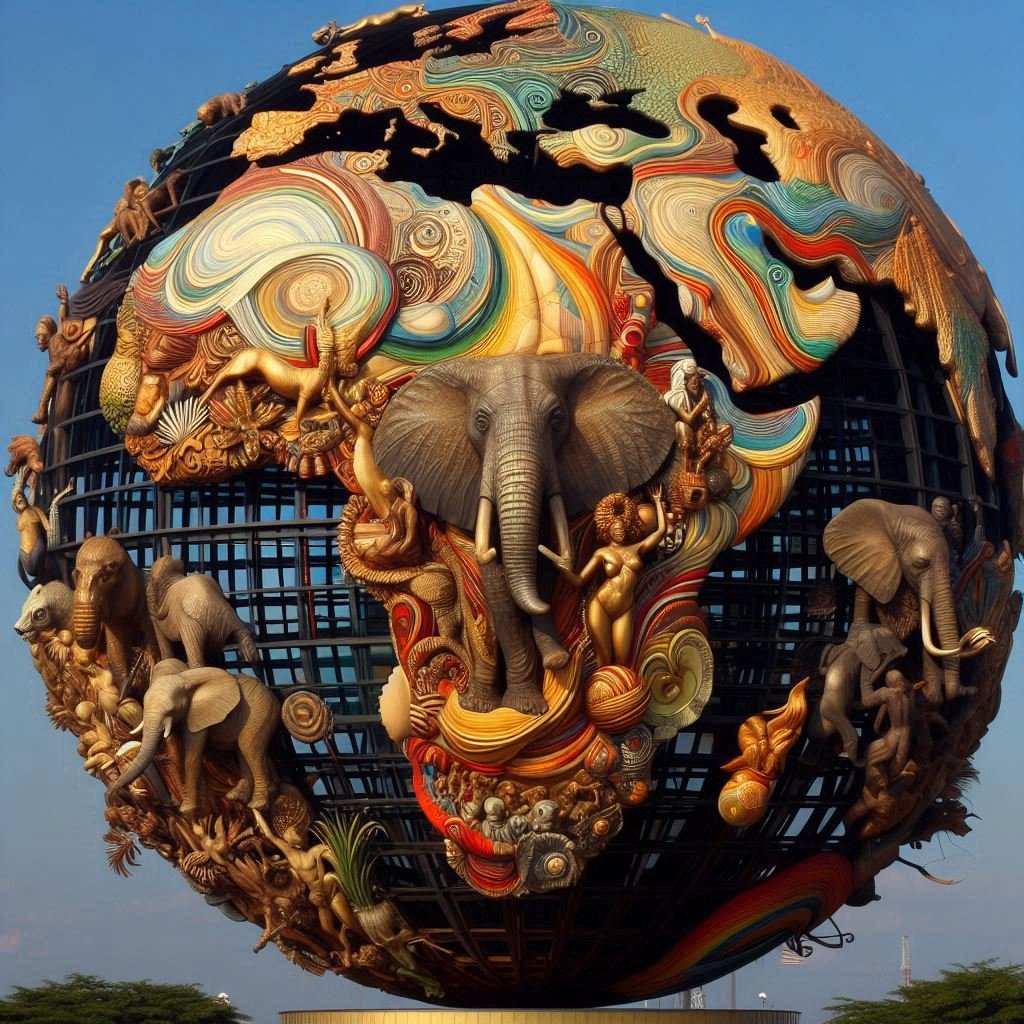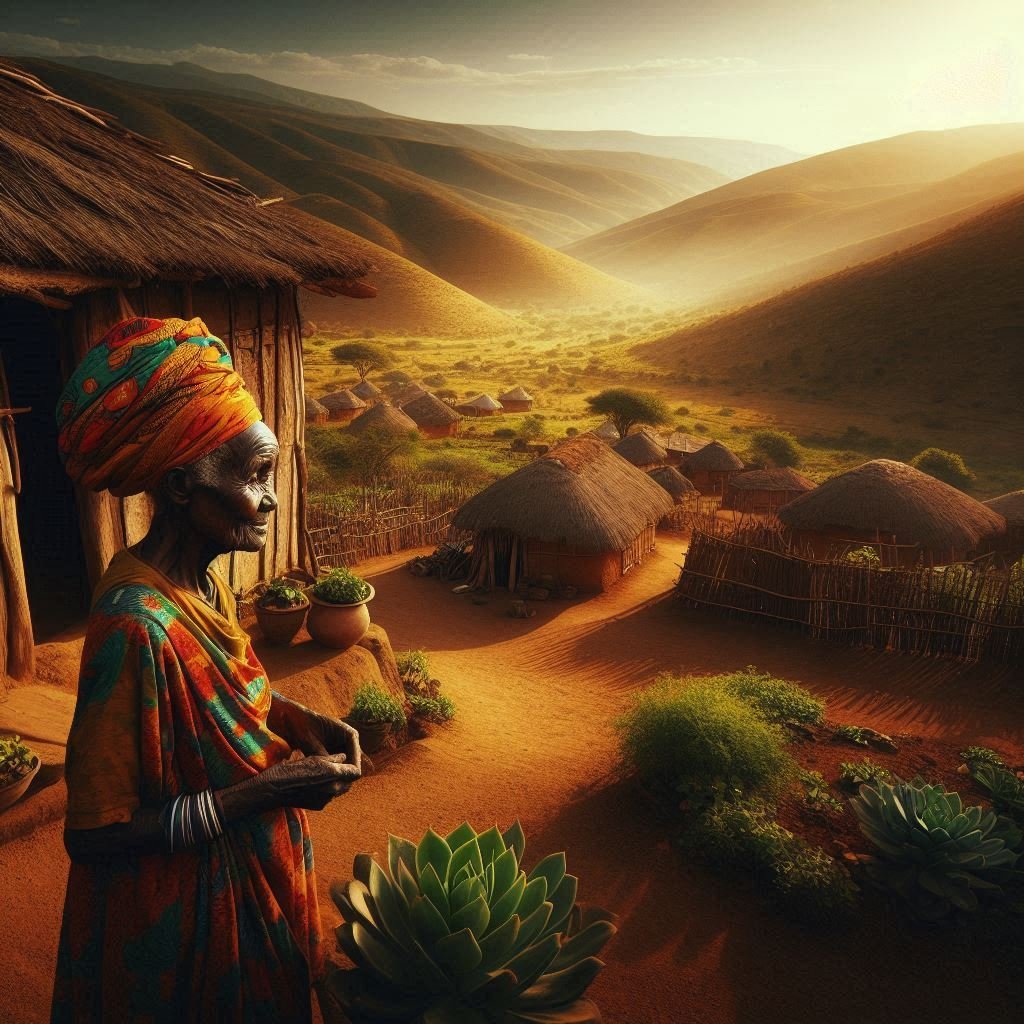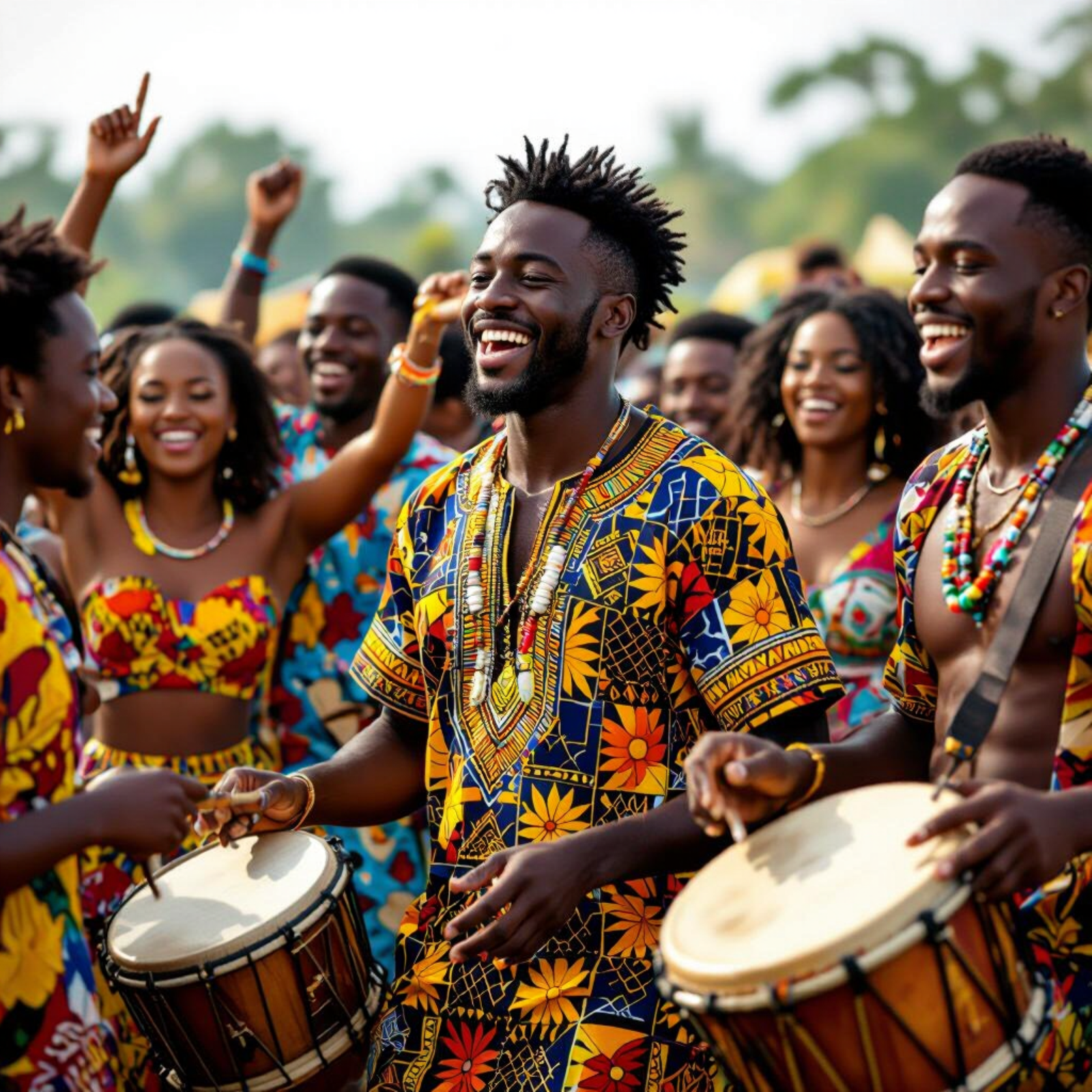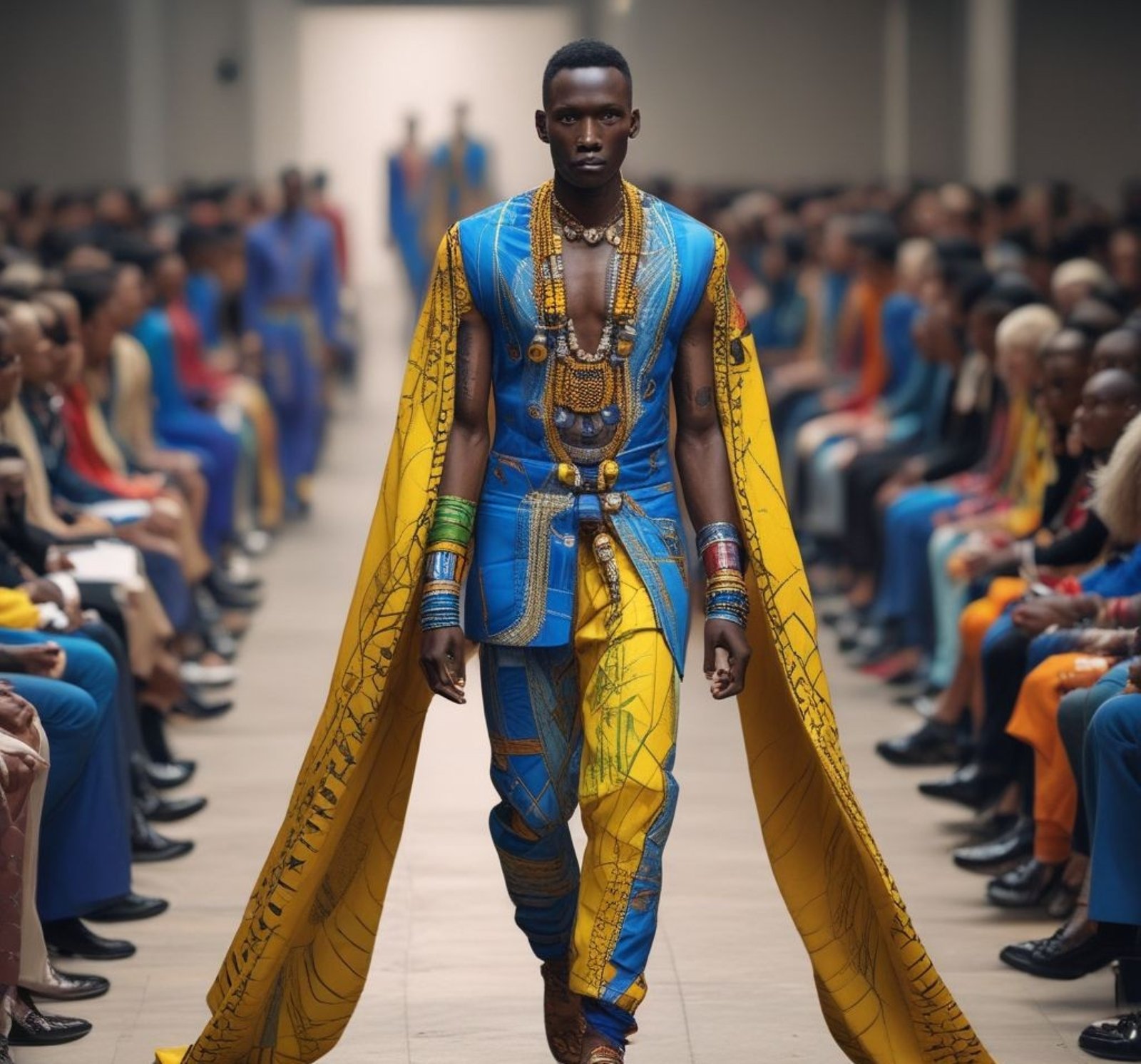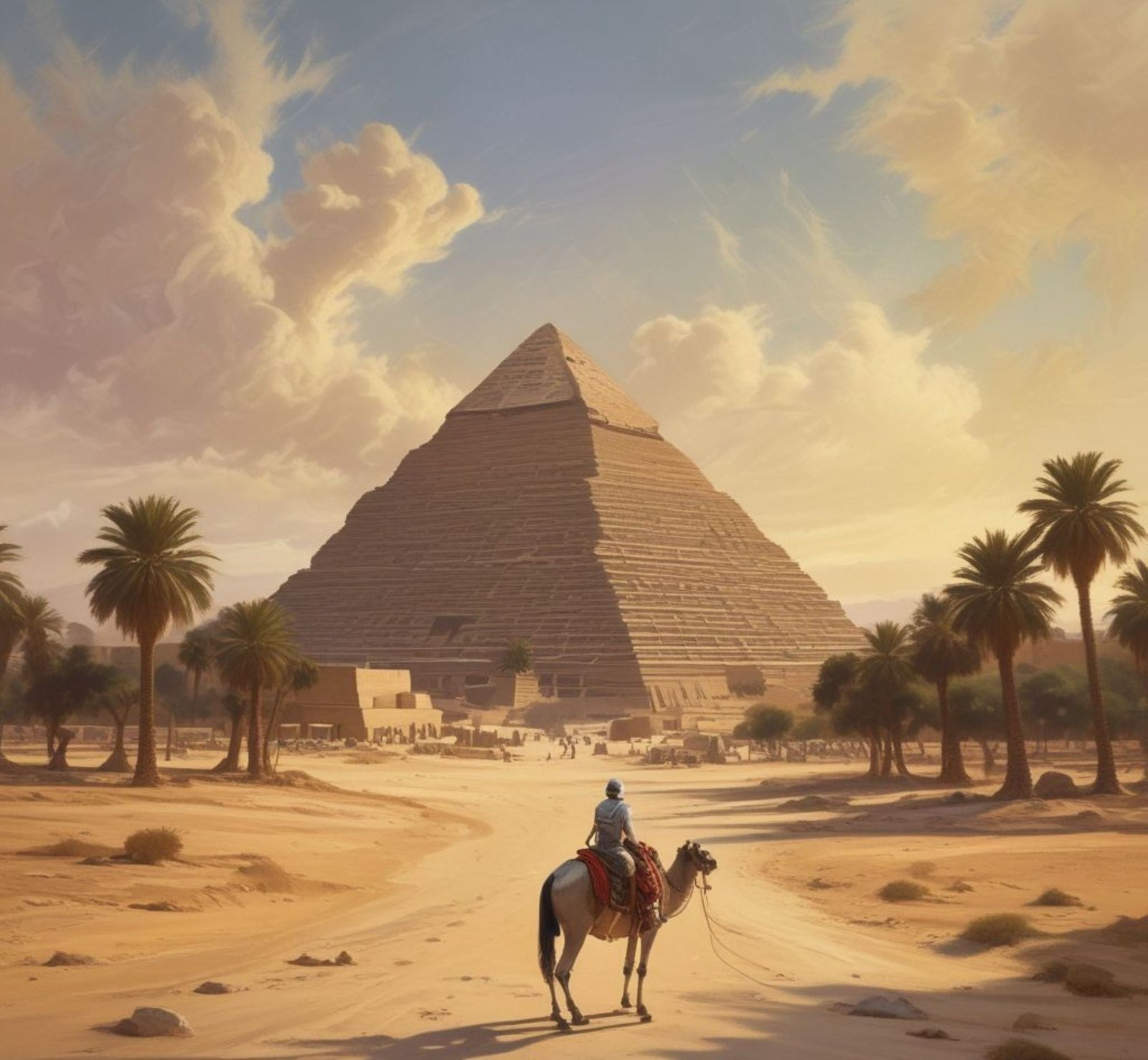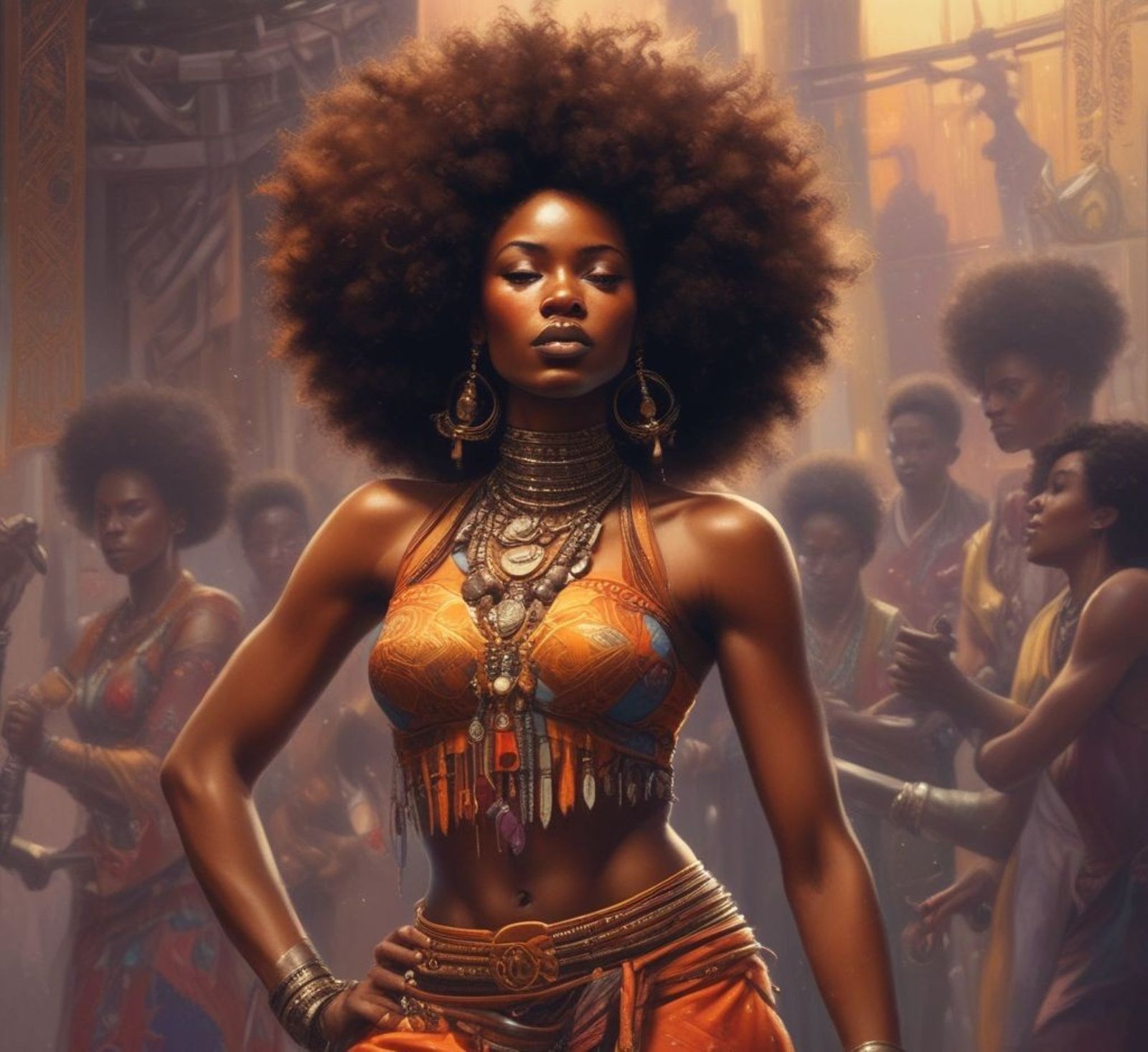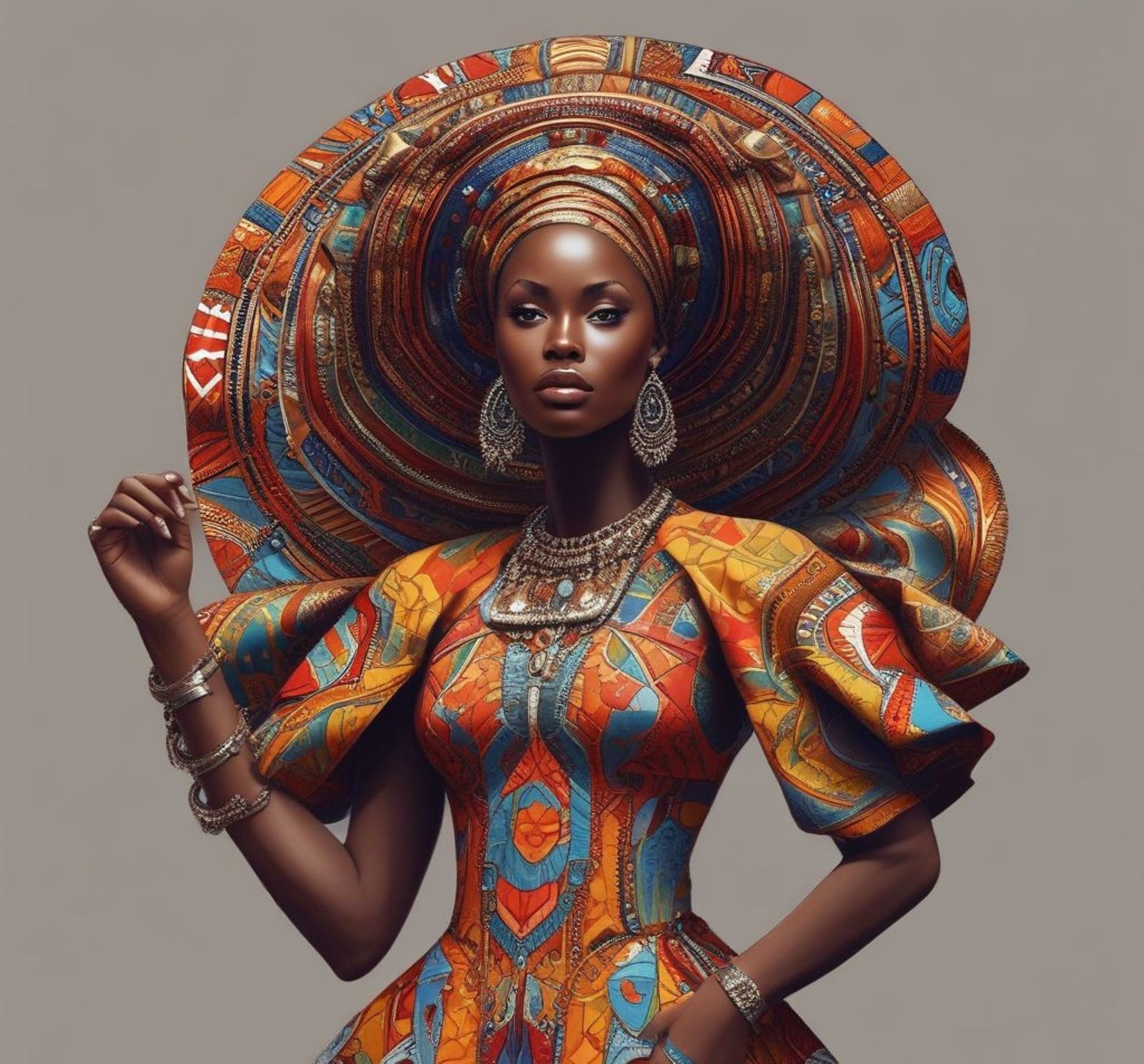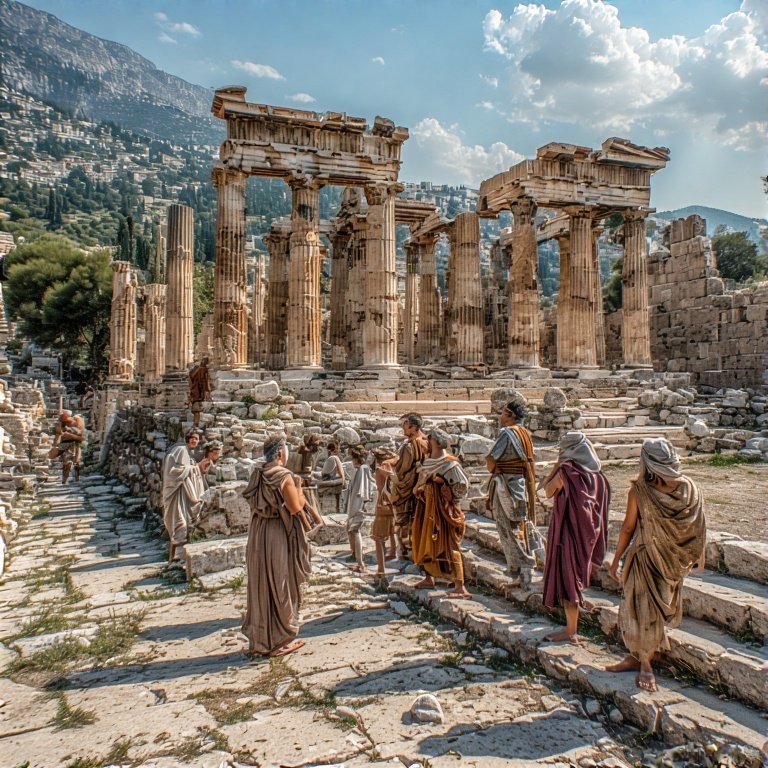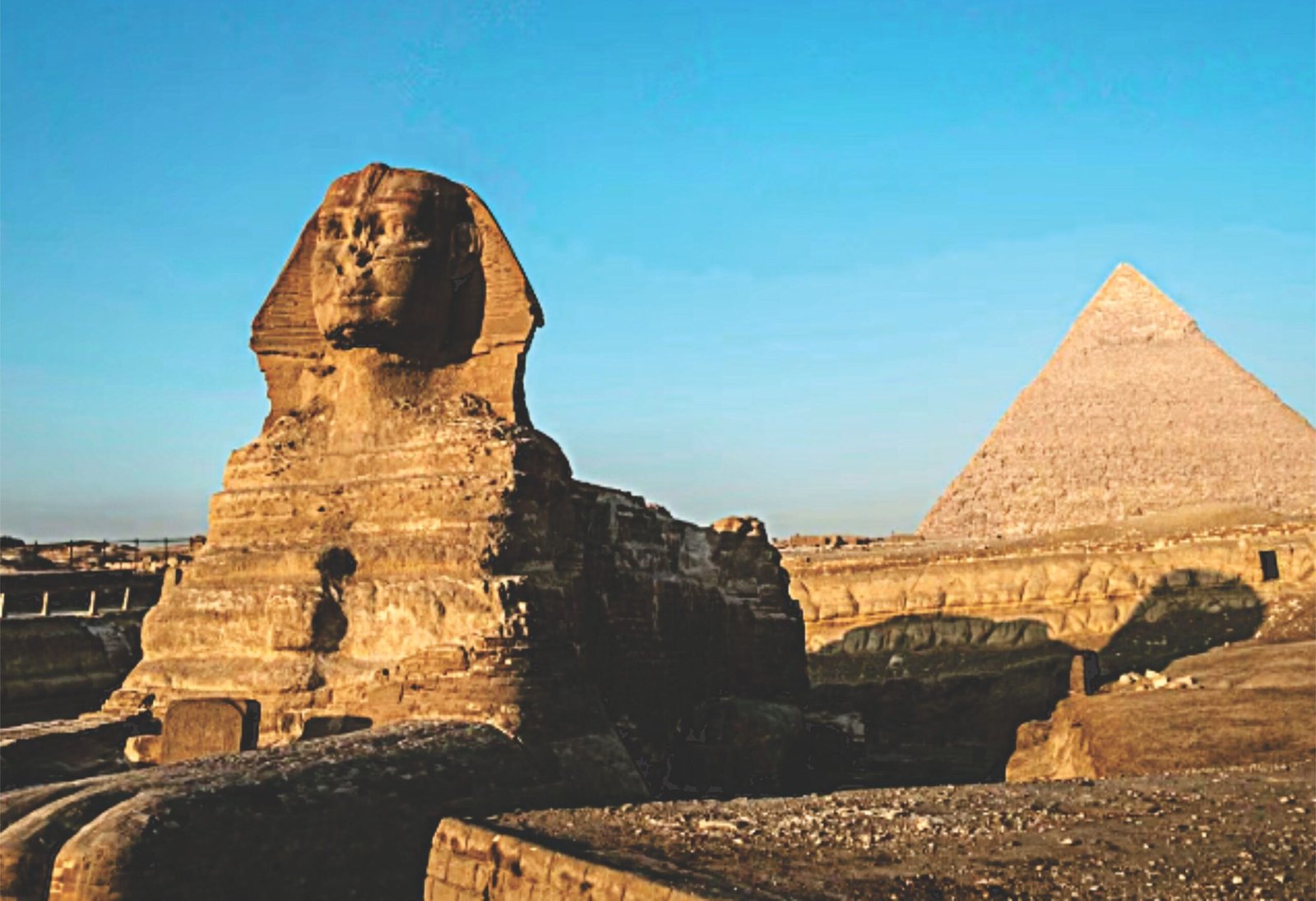Nkrumah’s ideology of Pan-Africanism and Historical Context of Pan-Africanism

Nkrumah is often celebrated as one of the most pivotal figures in the quest for African independence. His vision extended beyond mere national liberation; he aspired for a unified Africa, transcending borders that were often imposed by colonial powers. At the heart of Nkrumah’s philosophy was Pan-Africanism, a movement advocating for solidarity among African nations and diasporas. He believed that true independence could only be achieved collectively, as he posited that fragmentation would weaken the entire continent’s strength.
Pan-Africanism, a philosophical and social movement aimed at unifying people of African descent globally, has its roots deeply embedded in the historical injustices and shared experiences of African populations. The foundations of this movement can be traced back to the late 19th and early 20th centuries, amidst the rising tide of European imperialism and colonialism in Africa. Early advocates, such as Williams (1869-1911) was a Trinidadian lawyer and activist who played a key role in the Pan-African movement. He founded the African Association in London in 1897, which later became the Pan-African Association. The Pan-African movement aimed to unite people of African descent worldwide and advocate for their rights and interests, ultimately influencing movements for African independence and unity. He organized the First Pan-African Conference in London in 1900. Williams’s work is considered foundational to the Pan-African movement.

Early advocates, such as Williams (1869-1911) was a Trinidadian lawyer and activist who played a key role in the Pan-African movement.
The first Pan-African Congress, convened in London in 1900, is often regarded as a pivotal moment in the history of this movement. W.E.B. Du Bois and other intellectuals gathered to discuss the challenges facing people of African descent, from Africa to the diaspora. This congress marked the beginning of a concerted effort to address issues of racial equality and social justice, setting a precedent for subsequent gatherings that would further galvanize Pan-African sentiment.
During the interwar years, developments in the intellectual landscape further propelled the evolution of Pan-Africanism. The Harlem Renaissance in the United States introduced a wave of cultural pride and racial awareness, while figures such as Marcus Garvey amplified calls for African self-determination and self-governance through the Universal Negro Improvement Association. Garvey’s mantra, “Africa for the Africans,” encapsulated the growing demand for political autonomy and economic independence among colonial subjects.
The post-World War II era witnessed a surge in nationalist movements across Africa, leading to the eventual decolonization of many African nations. Leaders like Julius Nyerere in Tanzania and Kwame Nkrumah in Ghana emerged, inspired by the works of their predecessors to articulate visions for a united Africa. Nkrumah’s early involvement in the Pan-African movement, particularly at the 1945 Manchester Congress, laid the groundwork for his subsequent leadership role. Thus, the rich historical tapestry preceding Nkrumah’s ascent helped shape the Pan-African ideals he would champion throughout his political career.
Central to his strategies was diplomacy, where he fervently engaged with both African leaders and international powers. Nkrumah emphasized the importance of collective action, advocating for a united front against colonialism and imperialism. By establishing strong ties with other African leaders, he facilitated discussions on common goals that transcended national borders, thereby fostering a sense of shared purpose.
Education was another critical element of Nkrumah’s strategy for unification. He believed that an informed population was essential for realizing Pan-African ideals. Nkrumah instituted educational reforms in Ghana that prioritized African history, culture, and values. This approach aimed to instill a sense of pride and identity among citizens while promoting awareness of the broader struggles faced by the continent. Through Education, he sought to cultivate a generation of leaders equipped to continue the work of Pan-Africanism, ensuring that the movement would persist beyond his tenure.
Additionally, Nkrumah played a foundational role in the establishment of the Organization of African Unity (OAU) in 1963. This organization represented a significant achievement in his vision for continental unity. The OAU served as a platform for African leaders to address collective issues, including economic collaboration, security, and the political independence of member states. By advocating for continental unity through the OAU, Nkrumah sought to facilitate regional cooperation and create an environment conducive to development across Africa.
Nkrumah’s Vision for African Identity: Cultural Renaissance
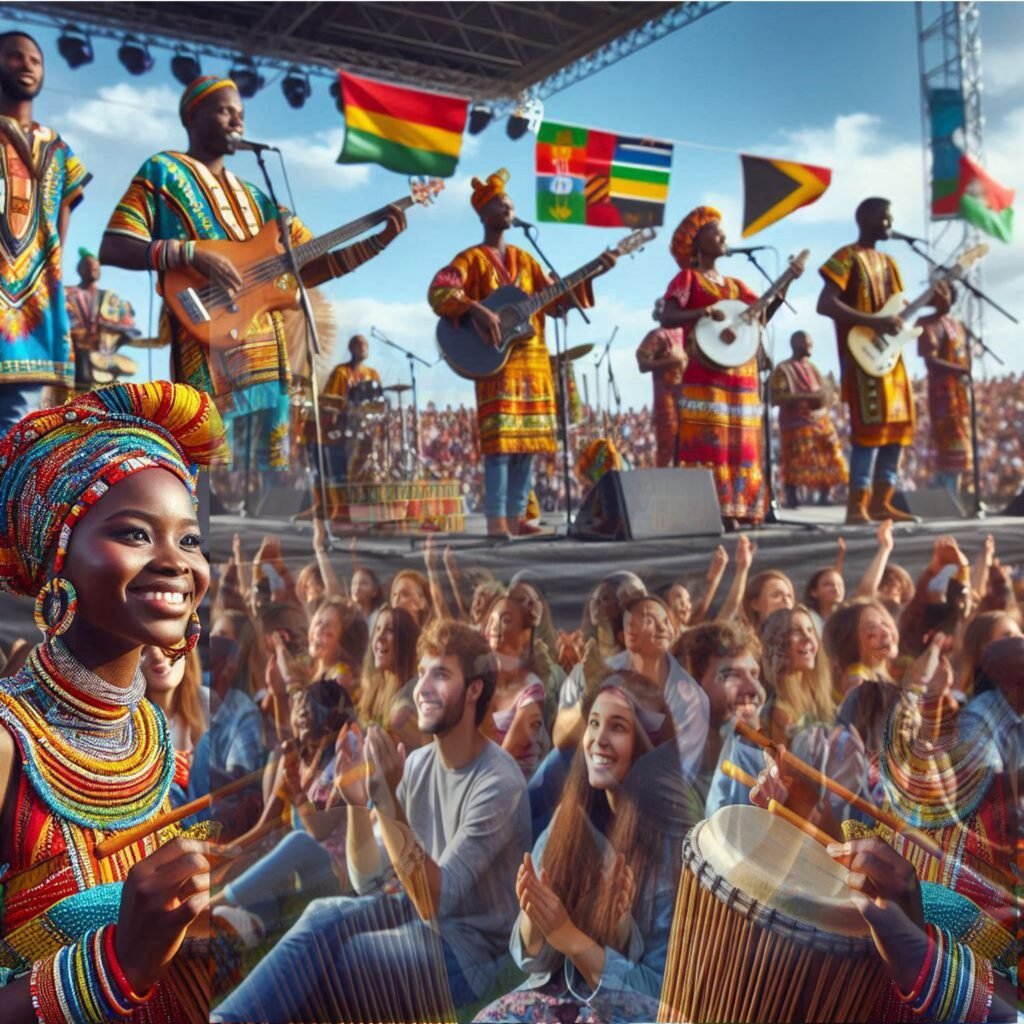
Kwame Nkrumah envisioned a continent where cultural identity flourished in tandem with political and economic progress. His ideas emphasized the importance of reclaiming African heritage and instilling pride in the continent’s diverse cultures. Furthermore, Nkrumah made significant strides in promoting cultural interdependence, advocating for the exchange of ideas, traditions, and values among African nations. He understood that a shared cultural identity was paramount to achieving a sense of collective belonging among diverse ethnic groups. By emphasizing the importance of Pan-Africanism, he sought to inspire pride in African heritage, thus reinforcing a holistic approach to unity.
Nkrumah’s Vision for African Identity
Kwame Nkrumah, the illustrious founding father of Ghana, didn’t just want to steer his country to independence; he aimed for a luminous Renaissance across Africa.


